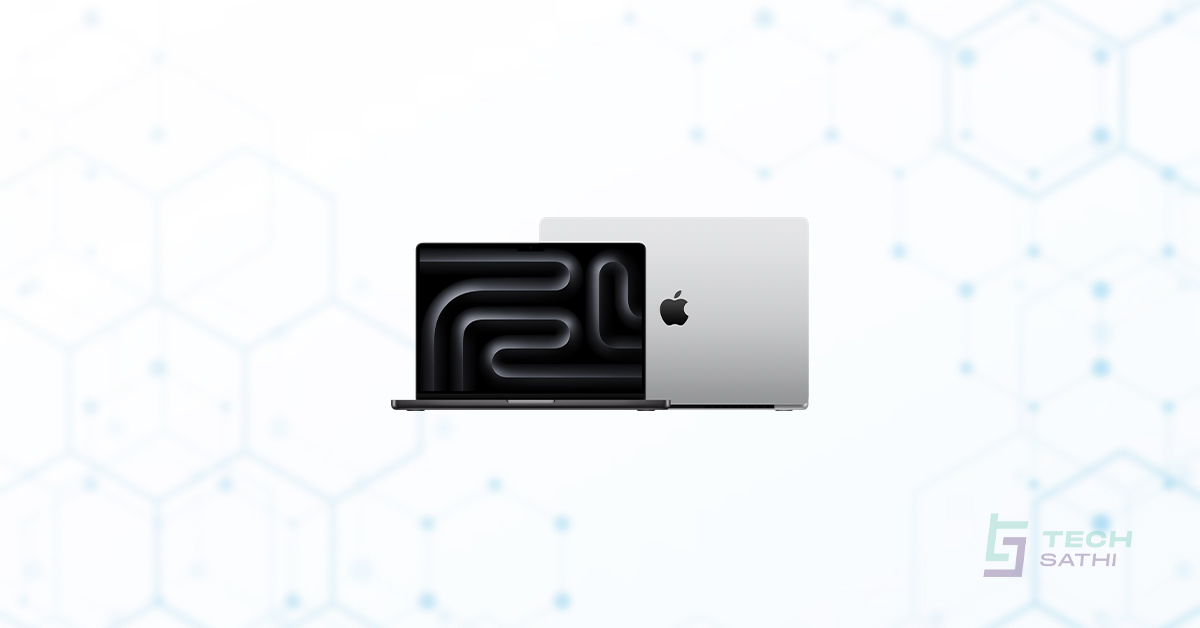Before we jump on to this subject, let us first define what wellbeing means.
What is Wellbeing?
Wellbeing is a state where an individual’s or a group’s condition is more positive in general. Think of it in a much broader sense or timeline. Yes, you’re going to have a bad moment or a bad day or maybe a relatively bad week or a month but overall higher the well-being, the more positive emotions an individual feels throughout their lives.
This differs from toxic positivity where you are subjected to be positive all the time minimizing the scope of human experience. Toxic positivity is an ineffective approach that relies upon living in denial, minimization of one’s suffering, and sheer neglect of authentic human experiences.
Wellbeing rather includes actions, activities, small steps one takes that leads them towards accomplishment, vitality, mental agility, social satisfaction, and towards leading a more fulfilled life instead.
Where does tech come into play?
Technology has been a culprit in disrupting our overall wellbeing in the recent past. We have tools that appeal to the primal instincts that we are not evolved to use properly. They are fairly recent and we don’t know how to navigate through them. These are your social media such as Facebook, Twitter, etc. You are bombarded with notifications. These sorts of rewards for staying on these sites longer.
Studies show that the social media increases loneliness and depression. We are constantly comparing our lives with others. Everyone tries to present the best version of themselves in social media. Everyone tries to appear perfect. People are ridiculed for not being perfect. And, to add to the misery perfectionism is the leading cause of depression in millennials and generation Z adults.
The above podcast is hosted by Sam Harris who is a neuroscientist (Ph.D.), an author and runs various podcasts where he talks about science, philosophy, logic (reason), and well being. He also has a B.S. in philosophy and has spent tentatively about 10 years of his life in India, Nepal, and Tibet learning Eastern meditation practices … specifically Dzogchen.
The guest, Laurie Santos is a psychology researcher (Ph.D.) and a professor that teaches the most popular class in both Yale University and Coursera named ‘The science of Wellbeing’.
In this podcast somewhere Laurie mentions that even just having a smartphone in our pocket during a date or dinner can negatively impact our wellbeing. In her view, it’s like being present in a library realizing that there are tons of books you’re yet to read and will never be able to. Sometimes you’ll need to switch off from that and experience life as it comes to you.
Where does tech help?
We cannot fight technological evolution. All we can do is navigate through this landscape. Or, as Elon Musk says that we need to merge with the technology. We need to introduce tools that make it easy to manage our wellbeing.
Google’s Digital Wellbeing tools allow people to pause distracting apps, set a daily limit on apps and set timers, set a bedtime mood, and a grayscale mode so that your screen doesn’t grab your attention anymore, etc in Google products. You can navigate through google wellbeing tools to see what all they have in store for us.
“As technology becomes more and more integral to everything we do, it can sometimes distract us from the things that matter most to us. We believe technology should improve life, not distract from it. We’re committed to giving everyone the tools they need to develop their own sense of digital wellbeing. So that life, not the technology in it, stays front and center.” – Google
Other tools
There are various tools that have come in the market to capture the wellbeing market such as Calm, Headspace, 10 percent happier, etc.
Some of tools I’ve used and personally liked are
- Apps by the US Department of Veteran Affairs
These apps are all free to use and range from the mindfulness meditation app, PTSD app, CBT app to the covid19 mental health management app. - Waking Up
This meditation app by Sam Harris is an apt introduction to mindfulness meditation which includes interviews from people who are invested in the field of wellbeing. - Sanvello
It’s a freemium app based on Cognitive Behavioral Therapy (CBT) which includes tools to manage mood, set goals, track goals, meditate, and more. - Woebot
This app has been tested on students suffering from anxiety and depression and the app has shown a significant reduction in anxiety and depression in students who use it regularly.
Governments have started implementing wellbeing as an indicator of a country’s progress
The world happiness council was established by UAE which consists of a think-tank of researchers and politicians considered to promote subjective wellbeing through the formulation of policies and standardization of happiness to nudge governments and progress towards a more positive direction.
UAE is also the first country to appoint a minster of happiness.
Well being in the workplace
Abundant evidence exists to show the link between well being and employee productivity. There seems to be a strong positive correlation between employees’ wellbeing, productivity, and the firm’s performance in general.
Absenteeism (staying away from work without a good reason) and presenteeism (being present at work for more hours than required due to a feeling of insecurity) both seem to be linked with a lack of wellbeing and hamper the productivity and performance of the firm. This research paper based on the research done in a multinational firm at Sri Lanka shows that presenteeism is actually a more prevalent reason behind the covert productivity loss which in turn challenges the firm’s profitability. A similar phenomenon seems to be at work in the UK as well according to this BBC report.
Conclusion
There’s enough evidence that points us that well being is a very crucial consideration to make while moving forward. Technology with all the benefits it has brought has it’s a fair share of blame towards the decrease of well being. You can through techsathi’s articles to notice that how fast technology is evolving. In this landscape, where there is a bombardment of information, knowledge, and human progress, it is a good idea to use the same technology to help us switch off, relax, and manage our wellbeing.
We cannot fight technological progress. It’s inevitable but we can mold it in such a way that it enriches the human experience, add value to it instead of subtracting value from it.
If you’re interested in discourses as such, we’ve created a private Facebook group, Implacable Joy, where we discuss similar ideas and much more.






